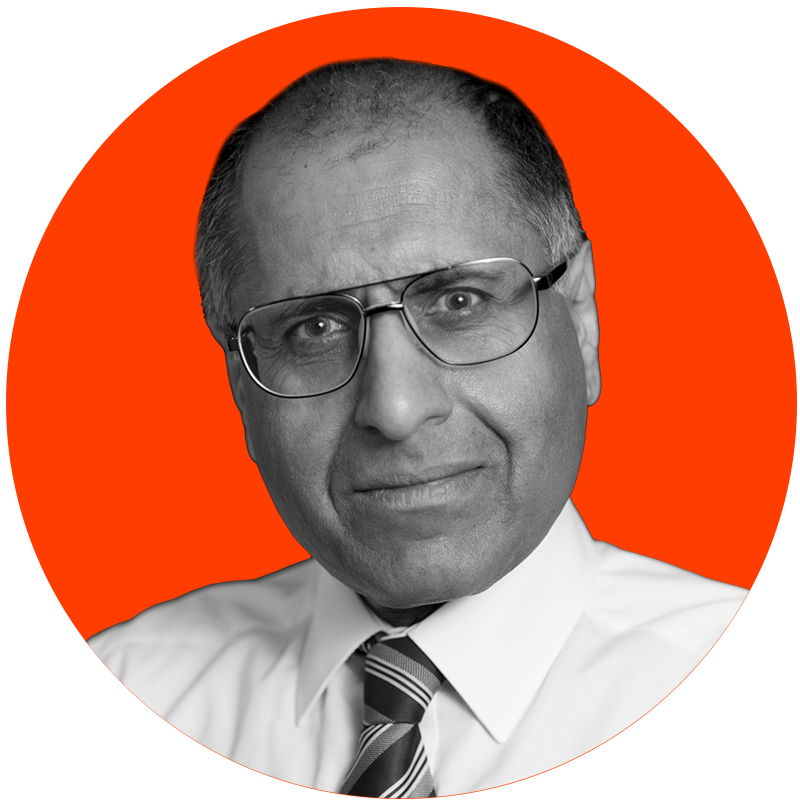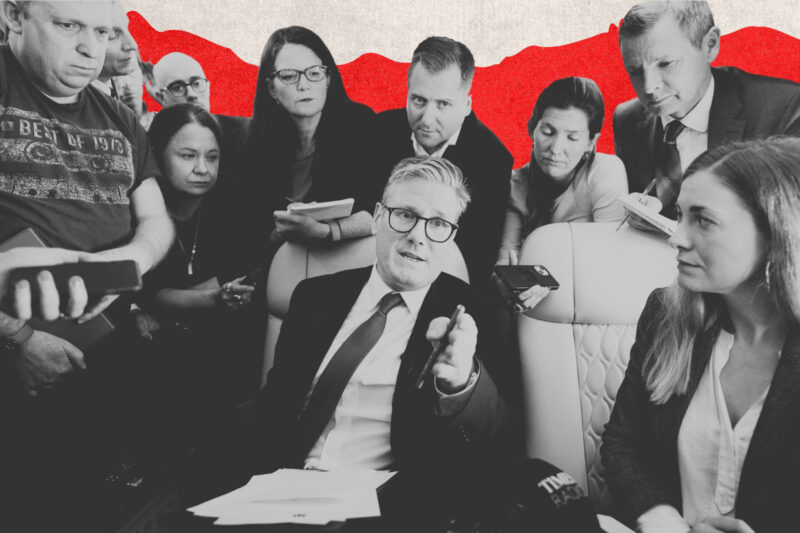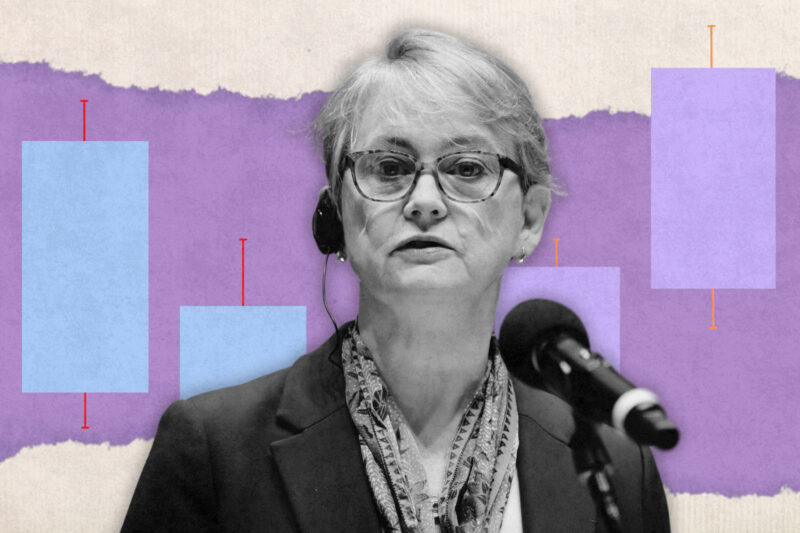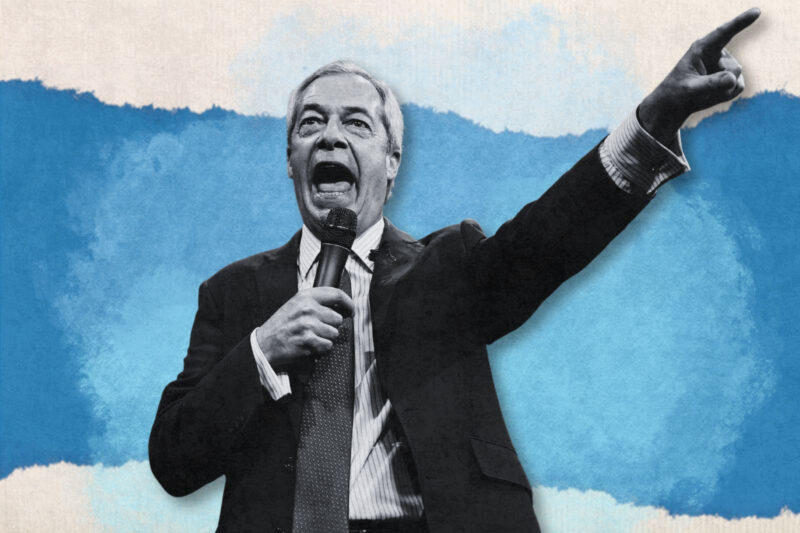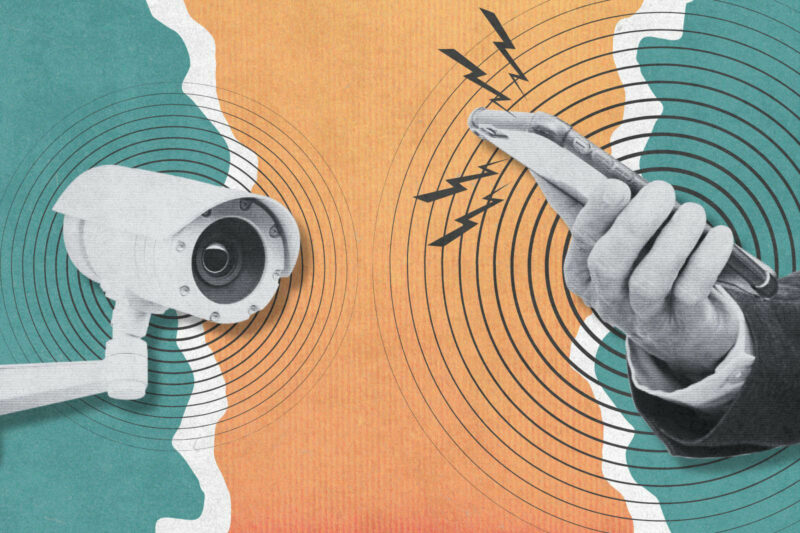Tory Islamophobia only adds to Sunak’s election troubles
Inflammatory anti-Muslim statements may appeal to some on the political right, but they also risk splitting the Conservative vote
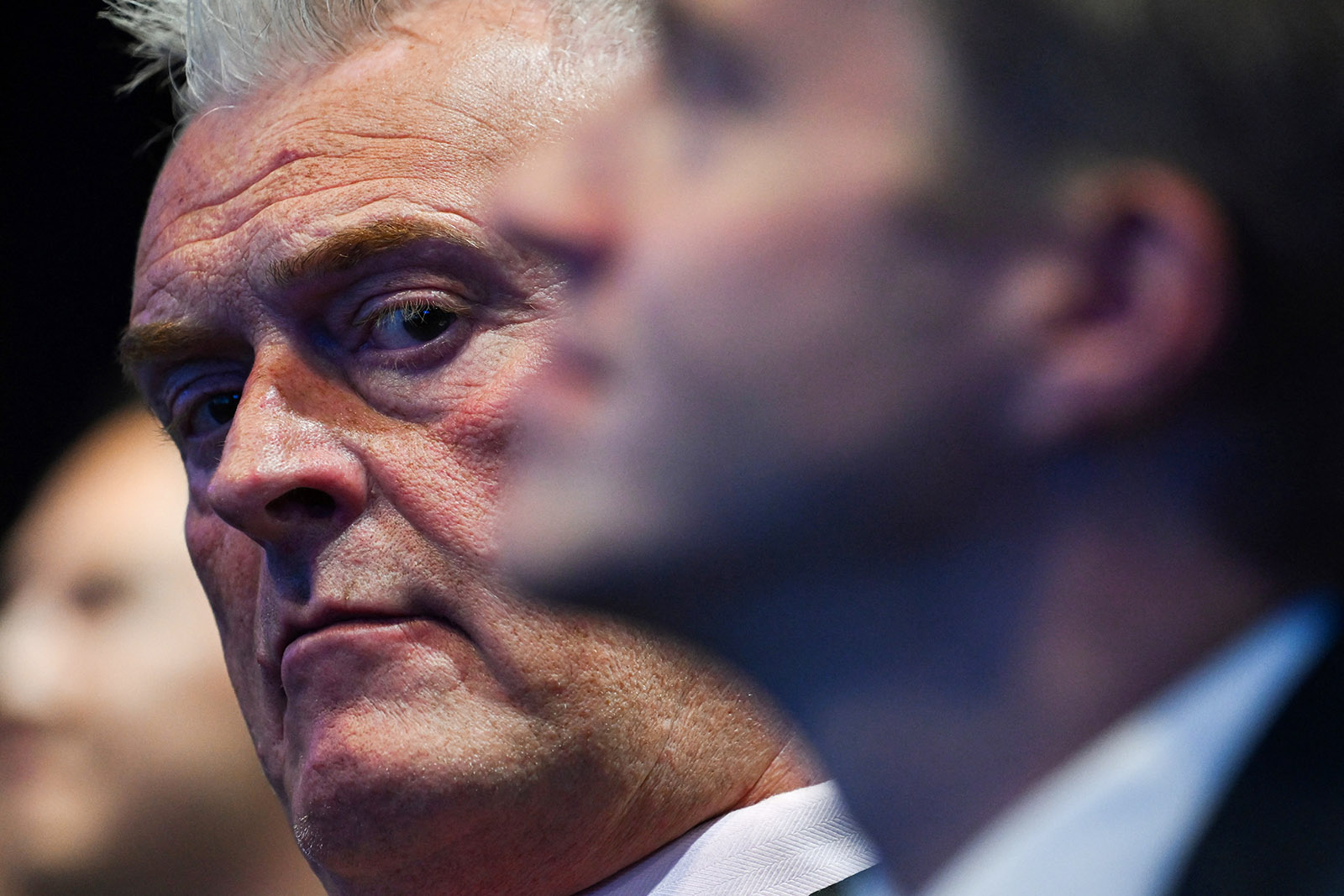
Approaching the general election, Prime Minister Rishi Sunak faces questions that would challenge a political grandmaster, let alone someone who entered public service only in 2015. How do you make the Conservative party look fresh and relevant after nearly 14 years in power? Even harder, whose votes should his party seek?
In 2019, Boris Johnson’s general election victory had two foundations. First, winning seats in the north and the Midlands that had traditionally voted Labour — widely referred to as the Red Wall — where voters are typically viewed as economically liberal and socially conservative. Second, holding on to a Blue Wall of relatively affluent southern seats, where constituents are viewed as economically conservative but socially liberal.
Two sets of voters, with apparently incompatible views and policy priorities. In 2019, however, they were united by frustration with the continuing wrangling over Brexit and a loathing of Jeremy Corbyn. Neither apply in 2024. At the same time, Sunak leads a factionalised party containing many members fixated on culture wars and holding strong anti-Muslim views. New polling by the anti-racism group Hope not Hate shows that 40% of Conservative party members have a negative attitude towards Muslims, while only 19% have a positive attitude.
In the past week, all of Sunak’s woes have come together.
On 22 February, Suella Braverman, the former home secretary, penned an inflammatory article for the Telegraph. Under the headline “Islamists are bullying Britain into submission”, she claimed that “the Islamists, the extremists and the antisemites are in charge now”. Appearing on GB News, I recently made the point that, as prime minister, Sunak is actually running the country and he is quite clearly none of those things.
Since Braverman is no longer a minister, Sunak appears to have decided that ignoring the article is the least damaging strategy, calculating that sanctioning her risks alienating many voters in former Red Wall seats and a significant number of rightwing Conservative MPs. Such inaction, however, speaks to Sunak’s apparent insecurity as leader of his party, even though few Conservative MPs have yet called for a vote of no confidence in him.
Then Lee Anderson, MP for Ashfield in Nottingham and former deputy chairman of the Conservative party, followed Braverman’s lead. Speaking on GB News, he attacked Sadiq Khan, saying “Islamists have got control” of the mayor of London and that Khan had “given the city away to his mates”.
Sunak initially tried to ignore him, as he ignored Braverman. However, on the afternoon of 23 February, he suspended Anderson for failing to apologise to Khan. (The decision was made an hour after I called for Anderson’s suspension on BBC News, but I won’t claim sole credit for the outcome.) Despite taking steps to discipline Anderson, Sunak initially expressed no opinion on his actual comments. Then he changed tack, stating that what Anderson had said was unacceptable, but not why. At the time of writing, that continues to be the government line.
This strategy has led to fiascos including LBC Radio presenter Nick Ferrari’s recent termination of an interview with immigration minister Michael Tomlinson, who repeatedly insisted that Anderson’s remarks were wrong, but refused to say what was wrong with them.
Sunak’s problems with Braverman and Anderson matter because in the UK, the left of the political spectrum is divided between the Labour and Liberal Democrat parties, while the Tories have been largely untroubled at the ballot box from the right. When credible threats from the right have emerged, such as the pre-Brexit prominence of Ukip, the Tories have fended them off by absorbing their talking points.
Now, though Sunak faces the risk of a bullish Reform UK — descended from both Ukip and the Brexit Party — syphoning votes from the Conservatives, which could increase expected Tory seat losses to Labour in the forthcoming general election. While Reform UK has previously underperformed at the ballot box against its polling figures, the recent Wellingborough and Kingswood byelections showed significant increases in votes.
Sanctioning hardline voices such as Braverman or Anderson risks defections to Reform UK. Indeed, Anderson has already been talking with the party’s leader, Richard Tice. I suspect that Sunak is desperate to find a way of bringing Anderson back into the fold by lifting his suspension, but has not yet been able to agree on the wording that would enable Anderson to walk back from his comments about Khan.
Unfortunately for Sunak, the more he allows figures such as Braverman and Anderson to make the Conservative party look like Reform UK, the more votes he will lose in Blue Wall seats. Instead, he should play to his strengths by emphasising his professionalism and the way that, as our first prime minister of Indian origin, he represents the best of a diverse, open and accepting Britain.
 Newsletter
Newsletter

